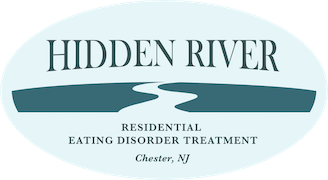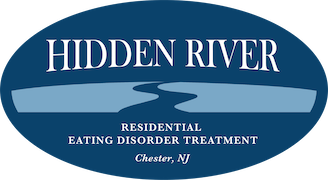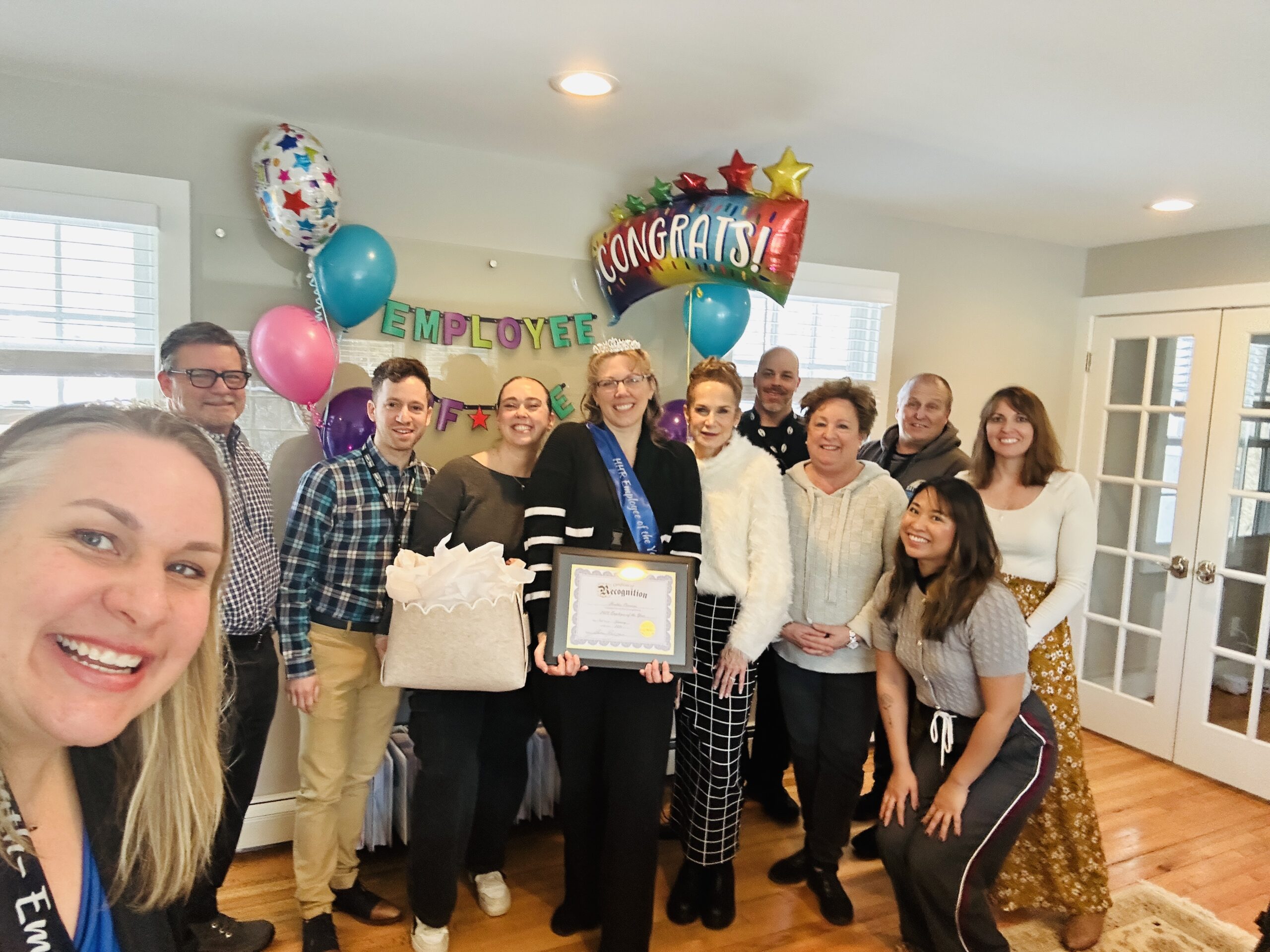What Happens to Residential Eating Disorder Treatment When Summer is Over?
How Treatment at Hidden River Continues into the School Year
Well, another summer is ending. As the days get shorter and temperatures begin to drop, thoughts turn to going back to school. Nearly 14 percent of youth practice disordered eating behaviors or have eating disorders, and yet, there is often limited knowledge and training among school staff. (1)
For students who spent part (or all) of their summer in residential eating disorder treatment, the close of summer and start of a new school year does not mean that residential treatment must end. In fact, it’s more important than ever that treatment continues: Studies reveal that, when patients end treatment prematurely, they experience more dissatisfaction at their results and less overall clinical improvement than patients who stick with it until the end. (2)
Integrating treatment within the school year requires flexibility and determination. However, the added effort is worth it. In fact, research shows that students are more engaged in treatment when they know they’re staying reasonably on-track with their home peer group.
At Hidden River, we take great pride in our efforts to continue advancing our patients’ state-certified education during the school year.
For middle and high school students, we partner with Learn Well education services, which provides on-site, custom educational programs to school-age patients. A LearnWell state-certified teacher provides two hours of in-person tutoring Monday through Friday, excluding holidays and seasonal breaks. The teacher regularly communicates with the patient’s community school district and guidance counselor to acquire a student’s own schoolwork.
If a LearnWell teacher is unable to acquire a patient’s school work, they can use LearnWell’s custom online curriculum. This approach also ensures that each patient remains on track with their current school’s curriculum for their grade level. LearnWell teachers understand the variety of needs that exist as a result of an eating disorder and/or co-occurring conditions as well as the requirements of treatment.
Hidden River remains committed to academic success for patients in college as well. College-aged patients at Hidden River are provided one hour of study time every day. The clinical programming for college students is adjusted, as necessary, and as the student’s overall physical and mental health improves, they may be permitted to add evening study time as well.
With fall just around the corner, we’re ready to support you and your family through the next steps of eating disorder treatment.
The changing of the seasons might mean school schedules and cooler temperatures, but one thing remains the same — the value of getting help when struggling with an eating disorder.
Visit our website to learn more about eating disorder treatment at Hidden River. For a closer look at our grounds and living quarters, take a look at our gallery.
References
- Schiele, B., Weist, M.D., Martinez, S. et al. Improving School Mental Health Services for Students with Eating Disorders. School Mental Health 12, 771–785 (2020). https://doi.org/10.1007/s12310-020-09387-6
- Bjork, T. et al. (2009). What happened to the ones who dropped out? Outcome in eating disorder patients who complete or prematurely terminate treatment. European Eating Disorders Review. https://doi.org/10.1002/erv.911





